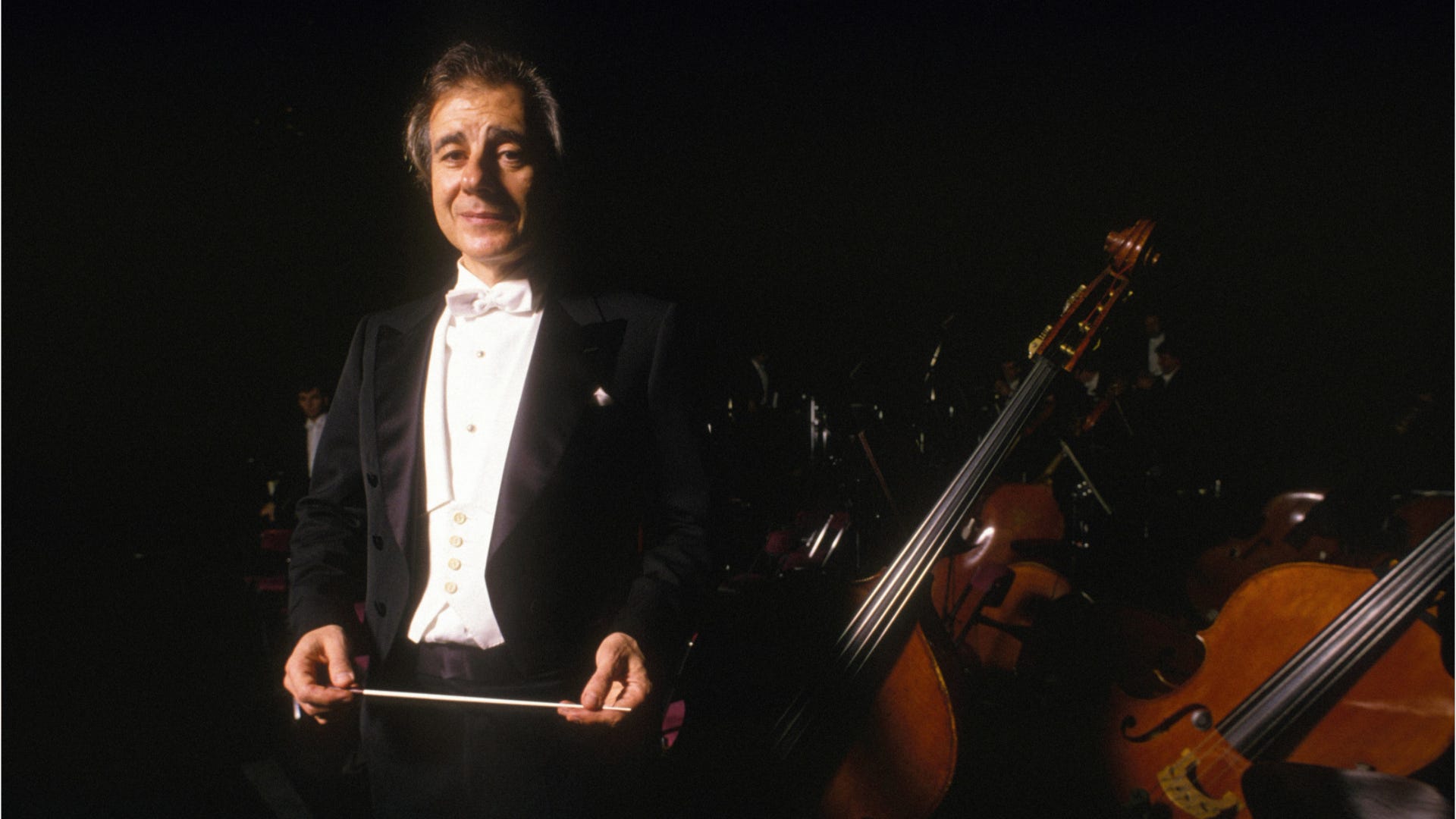
Mission: Impossible theme composer Lalo Schifrin dies
Lalo Schifrin passed away at age 93 in his home in Los Angeles on Thursday, his son confirmed. Schifrin had died due to complications of pneumonia.
Cover Media
Lalo Schifrin, the Grammy-winning mastermind behind the “Mission: Impossible” theme song, has died, according to reports. He was 93.
Schifrin died Thursday, June 26, from complications with pneumonia, surrounded by family in his Los Angeles home, the Associated Press and Guardian report. USA TODAY has reached out to Shifrin’s agent for comment.
A highly venerated composer, Schifrin’s musical concoctions form the emotional backbone of movies like “Cool Hand Luke,” “The Fox,” “Voyage of the Damned,” “The Amityville Horror,” “The Sting II” and the “Rush Hour” trilogy. A four-time Grammy winner, he was also nominated for six Academy Awards over the course of a near five-decadelong career, and was gifted an honorary Oscar in 2019 for his contributions to film.
Born in Argentina in 1932 to a musical family, Schifrin cut his chops as a jazz pianist in Europe before settling in America and drawing on his own skill to work first as a classical composer and then as a scorer for film and television.
He wrote over 100 scores throughout his career and helped orchestrate the first-ever joint performance of the Three Tenors for the 1990 FIFA World Cup championships in Italy.
His most famous work, however, remains the suspenseful earworm that grounds the “Mission: Impossible” franchise. Equal parts brassy and moody, the theme has become an indelible part of American movie culture, especially as the brand has moved from a mildly popular television series to a wildly successful film juggernaut, propelling both Tom Cruise and Schifrin’s catchy tune to eternal stardom.
“The producer called me and told me, ‘You’re going to have to write something exciting, almost like a logo, something that will be a signature, and it’s going to start with a fuse,'” Schifrin told the Associated Press in 2006.
“So I did it and there was nothing on the screen. And maybe the fact that I was so free and I had no images to catch, maybe that’s why this thing has become so successful,” he said. “Because I wrote something that came from inside me.”









